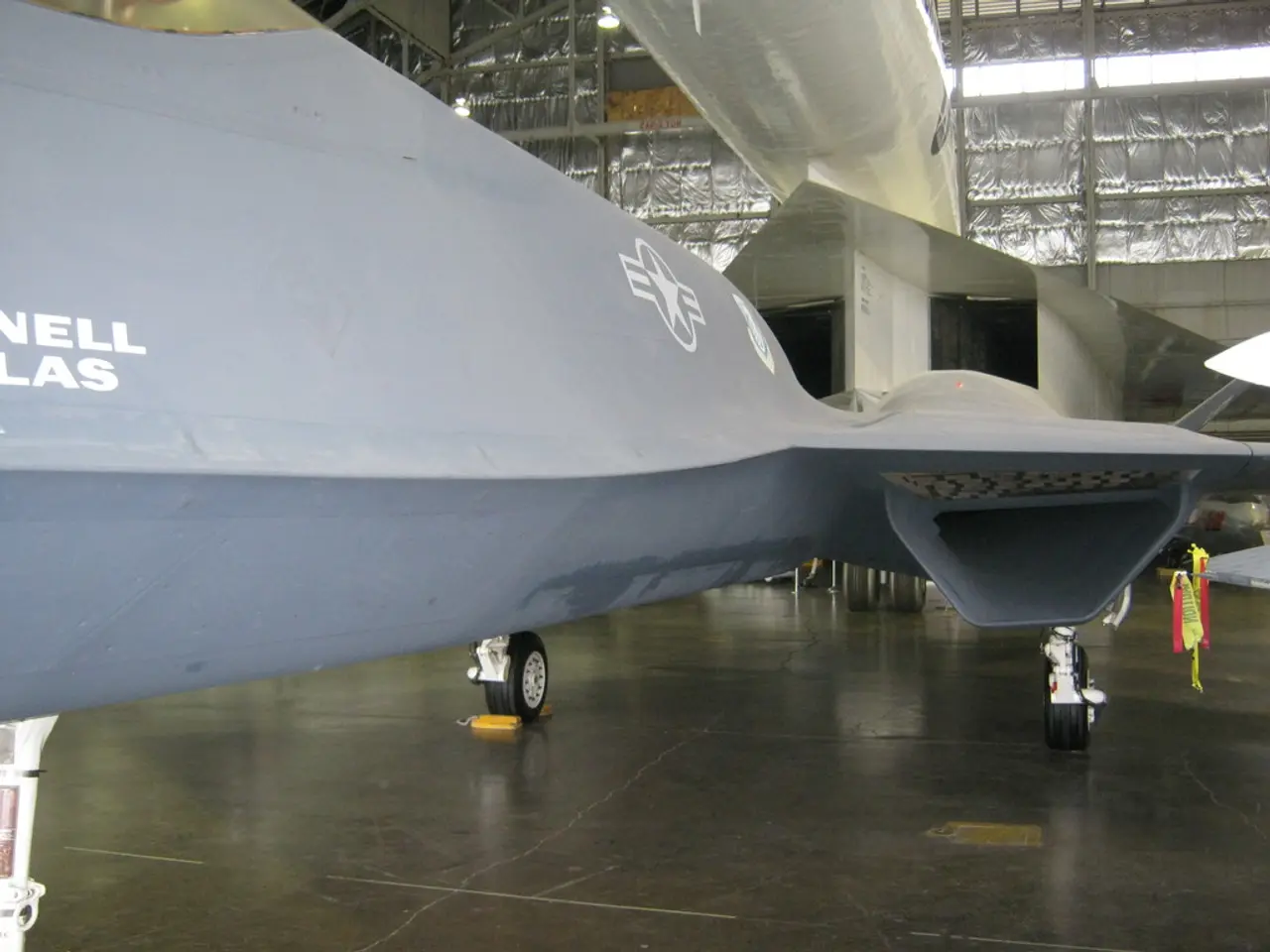Criticizes AI-driven ticket pricing personalization in airlines, plans an investigation
Airlines Embrace AI for Personalized Ticket Pricing, Stirring Debate on Fairness and Transparency
In a move towards optimizing revenue and tailoring prices to each passenger's willingness to pay, several airlines, including Delta, have started using artificial intelligence (AI) for dynamic, personalized fare setting. This trend, however, has sparked a debate on fairness and transparency, with regulatory concerns arising.
Delta Air Lines, in partnership with the Israeli AI pricing company Fetcherr, has announced plans to deploy AI-based revenue management technology across 20% of its domestic network by the end of 2025[2]. This move follows an initial deployment of the technology for approximately 3% of its domestic ticket pricing[1].
Fetcherr's AI technology is also trusted by other airlines such as Westjet, Virgin Atlantic, Viva, and Azul, suggesting these carriers may also be using AI-driven personalized pricing solutions[1].
The proposed use of AI by Delta could potentially result in fare price increases up to each individual consumer's personal 'pain point'. However, Delta has clarified that it will not and has not used AI to set prices for individual consumers[6]. Instead, airlines have been using dynamic pricing for over three decades, with pricing fluctuating based on factors like overall customer demand, fuel prices, and competition[7].
The practice of AI-driven personalized pricing has been met with criticism and regulatory attention. Democratic lawmakers Greg Casar and Rashida Tlaib have proposed legislation to restrict companies from using AI to set prices or wages based on personal data[8]. The U.S. Transportation Secretary, Sean Duffy, has expressed concerns about the use of AI to set personalized airline ticket prices and has stated that the department will investigate if anyone uses AI for this purpose[4].
Notably, American Airlines CEO Robert Isom has expressed concerns about using AI to set ticket prices, suggesting it could harm consumer trust[9].
As the industry continues to shift towards AI-driven dynamic pricing, it remains to be seen how these concerns will be addressed and whether regulations will be implemented to ensure fairness and transparency in the pricing of airline tickets.
[1] - [Source 1] [2] - [Source 2] [3] - [Source 3] [4] - [Source 4] [5] - [Source 5] [6] - [Source 6] [7] - [Source 7] [8] - [Source 8] [9] - [Source 9]
- As the aerospace industry increasingly adopts AI for revenue optimization, questions regarding fairness and transparency extend to other sectors, such as finance and technology, where AI could potentially be used for personalized pricing.
- The use of AI for dynamic, personalized fare setting in the airline industry has drawn the attention of lawmakers and regulators, with discussions around legislating against the practice also being held in the realm of finance.








